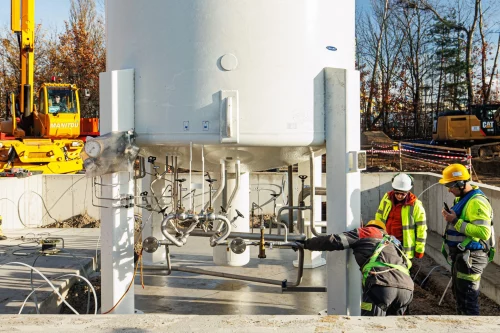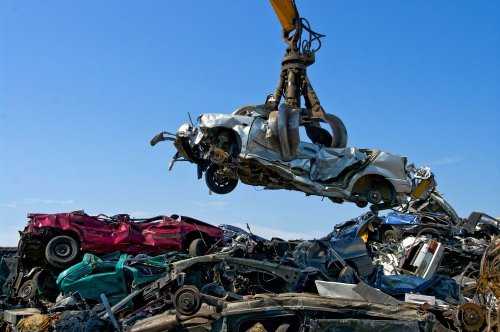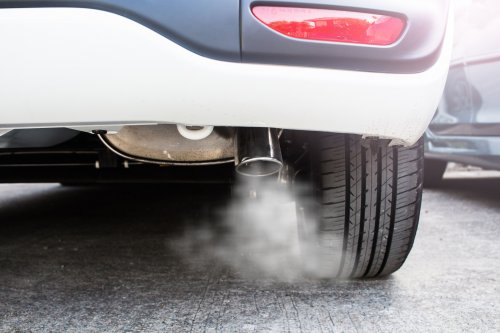The new document, which will soon be endorsed by EU environment ministers, provides for a three-stage approach, whereby the target for recycled plastic content in new cars will increase from 15% six years after approval, to 20% after eight years, and finally to 25% after ten years.
Euractiv has reviewed the compromise text of this act.
This plan is less ambitious than the one proposed by the European Commission. In 2023, this EU executive body proposed a mandatory target of using at least 25% recycled plastic in new cars within six years, in accordance with its regulation on end-of-life vehicles (ELV). The European Commission also required a technical and economic feasibility study to set targets for steel, aluminum, and other important raw materials.
Why is this important
Euractiv reports that more than 6 million cars are scrapped in Europe every year. But despite the fact that car manufacturers are among the largest consumers of plastics, copper, steel, and aluminum, they use only a very small proportion of recycled materials in their production processes.
Now, after more than two years of negotiations, EU ministers are set to agree on a target for recycled plastic, to be phased in over 10 years.
“The targets should start at 15% to ensure that we do not face a shortage of materials in the early years, and move from 20% to 25% as originally proposed,” Polish Deputy Environment Minister Krzysztof Bolesta said in an interview with Euractiv.
The official believes that this “will provide the right incentive for the recycling industry and protect investments in the latest recycling technologies.”
The European Parliament's Environment Committee is expected to publish its opinion on the proposed three-stage approach as early as next week.
Calls for a more ambitious target
However, the recycling industry has supported the more ambitious target proposed by the EU executive. Industry representatives argue that it is already feasible and even necessary to increase circularity in the automotive industry.
The industry also complains about the current lack of demand for secondary raw materials produced from waste. According to business representatives, this problem could be solved with mandatory targets.
Steel could be next
The Green Group on Transport and Environment also argued that an ambitious target for the use of recycled steel in car manufacturing is feasible and presented a study to support its position. However, although the idea of a steel target was initially put forward in the Council, most member states called for a detailed assessment to be carried out first.
The EU executive recently announced that a study of potential targets for steel and aluminum would be ready by the end of 2026. If the data confirms this, the European Commission will be empowered to add such targets to the regulation on carbon dioxide emissions.
Recall that the European automotive industry is calling on the EU not to lower the target of 25% recycled plastic for new cars, as reported by EcoPolitics at the end of March.





